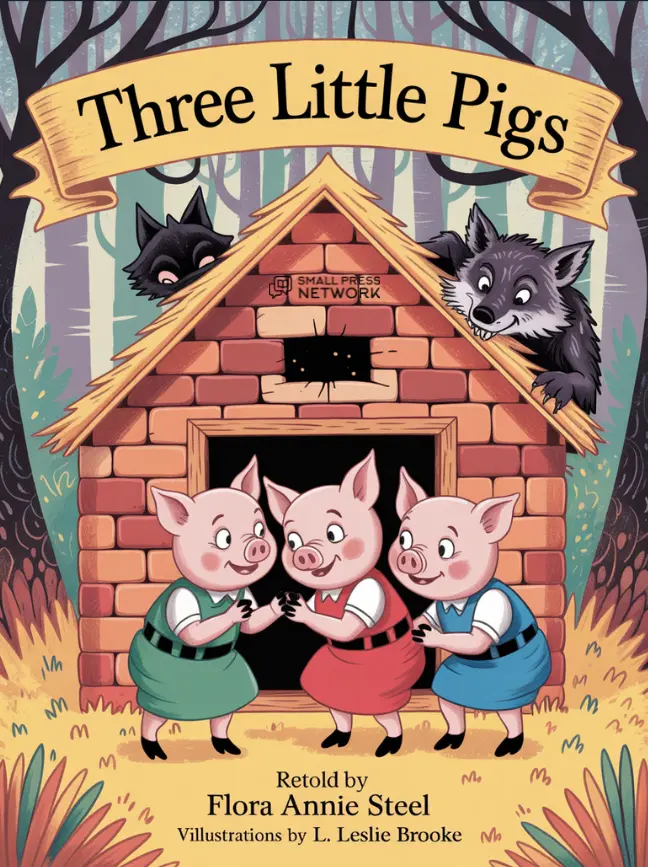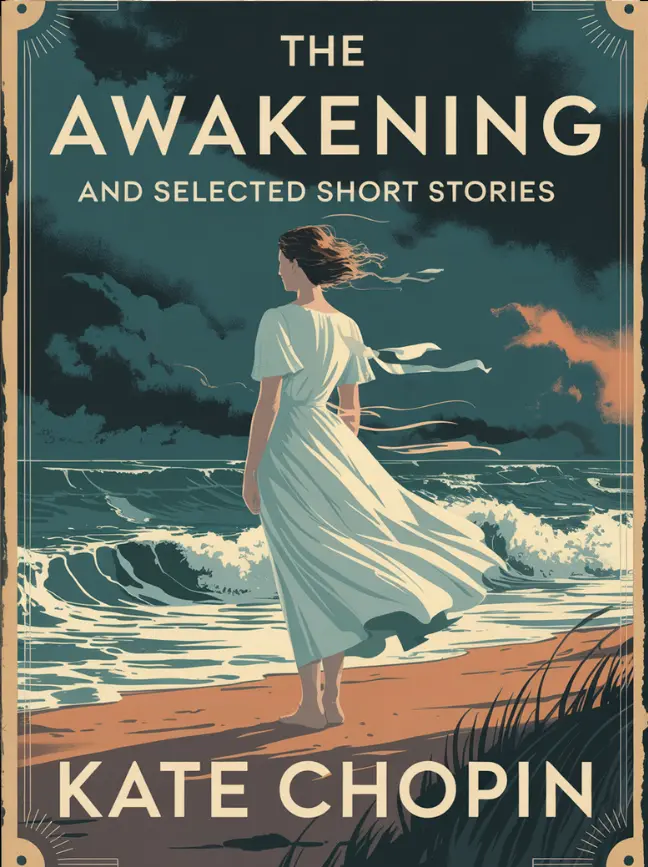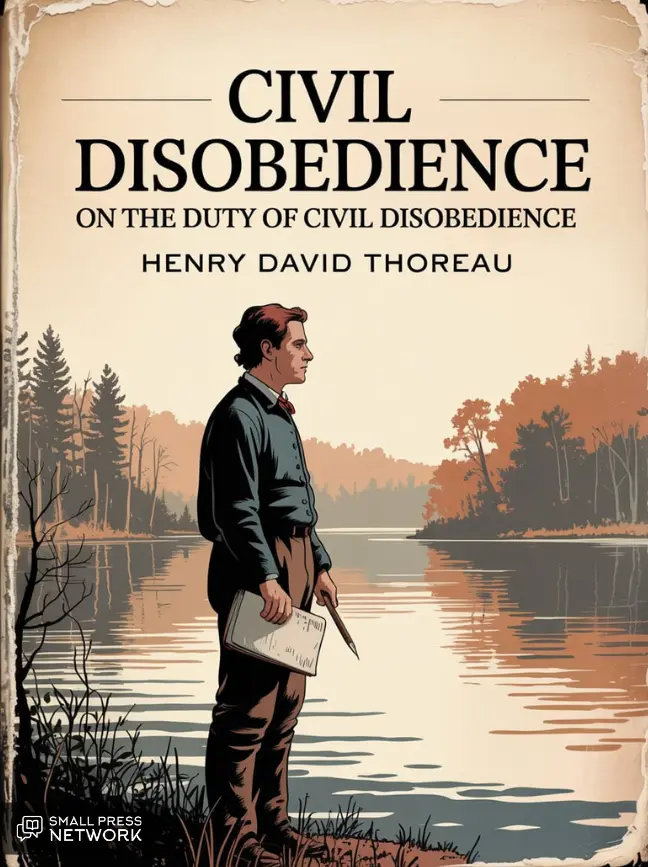420
Chapter XVIII
Next day Prince Andrew thought of the ball, but his mind did not dwell on it long. “Yes, it was a very brilliant ball,” and then… “Yes, that little Rostóva is very charming. There’s something fresh, original, un-Petersburg-like about her that distinguishes her.” That was all he thought about yesterday’s ball, and after his morning tea he set to work.
But either from fatigue or want of sleep he was ill-disposed for work and could get nothing done. He kept criticizing his own work, as he often did, and was glad when he heard someone coming.
The visitor was Bítski, who served on various committees, frequented all the societies in Petersburg, and was a passionate devotee of the new ideas and of Speránski, and a diligent Petersburg newsmonger—one of those men who choose their opinions like their clothes according to the fashion, but who for that very reason appear to be the warmest partisans.
Hardly had he got rid of his hat before he ran into Prince Andrew’s room with a preoccupied air and at once began talking. He had just heard particulars of that morning’s sitting of the Council of State opened by the Emperor, and he spoke of it enthusiastically. The Emperor’s speech had been extraordinary. It had been a speech such as only constitutional monarchs deliver. “The Sovereign plainly said that the Council and Senate are estates of the realm, he said that the government must rest not on authority but on secure bases. The Emperor said that the fiscal system must be reorganized and the accounts published,” recounted Bítski, emphasizing certain words and opening his eyes significantly.
“Ah, yes! Today’s events mark an epoch, the greatest epoch in our history,” he concluded.
Prince Andrew listened to the account of the opening of the Council of State, which he had so impatiently awaited and to which he had attached such importance, and was surprised that this event, now that it had taken place, did not affect him, and even seemed quite insignificant. He listened with quiet irony to Bítski’s enthusiastic account of it. A very simple thought occurred to him: “What does it matter to me or to Bítski what the Emperor was pleased to say at the Council? Can all that make me any happier or better?”
And this simple reflection suddenly destroyed all the interest Prince Andrew had felt in the impending reforms. He was going to dine that evening at Speránski’s, “with only a few friends,” as the host had said when inviting him. The prospect of that dinner in the intimate home circle of the man he so admired had greatly interested Prince Andrew, especially as he had not yet seen Speránski in his domestic surroundings, but now he felt disinclined to go to it.
At the appointed hour, however, he entered the modest house Speránski owned in the Taurida Gardens. In the parqueted dining room of this small house, remarkable for its extreme cleanliness (suggesting that of a monastery), Prince Andrew, who was rather late, found the friendly gathering of Speránski’s intimate acquaintances already assembled at five o’clock.
There were no ladies present except Speránski’s little daughter (long-faced like her father) and her governess. The other guests were Gervais, Magnítski, and Stolýpin. While still in the anteroom Prince Andrew heard loud voices and a ringing staccato laugh—a laugh such as one hears on the stage. Someone—it sounded like Speránski—was distinctly ejaculating ha-ha- ha. Prince Andrew had never before heard Speránski’s famous laugh, and this ringing, high- pitched laughter from a statesman made a strange impression on him.
421
He entered the dining room. The whole company were standing between two windows at a small table laid with hors-d’oeuvres. Speránski, wearing a gray swallow-tail coat with a star on the breast, and evidently still the same waistcoat and high white stock he had worn at the meeting of the Council of State, stood at the table with a beaming countenance. His guests surrounded him. Magnítski, addressing himself to Speránski, was relating an anecdote, and Speránski was laughing in advance at what Magnítski was going to say. When Prince Andrew entered the room Magnítski’s words were again crowned by laughter. Stolýpin gave a deep bass guffaw as he munched a piece of bread and cheese. Gervais laughed softly with a hissing chuckle, and Speránski in a high-pitched staccato manner.
Still laughing, Speránski held out his soft white hand to Prince Andrew.
“Very pleased to see you, Prince,” he said. “One moment…” he went on, turning to Magnítski and interrupting his story. “We have agreed that this is a dinner for recreation, with not a word about business!” and turning again to the narrator he began to laugh afresh.
Prince Andrew looked at the laughing Speránski with astonishment, regret, and disillusionment. It seemed to him that this was not Speránski but someone else. Everything that had formerly appeared mysterious and fascinating in Speránski suddenly became plain and unattractive.
At dinner the conversation did not cease for a moment and seemed to consist of the contents of a book of funny anecdotes. Before Magnítski had finished his story someone else was anxious to relate something still funnier. Most of the anecdotes, if not relating to the state service, related to people in the service. It seemed that in this company the insignificance of those people was so definitely accepted that the only possible attitude toward them was one of good humored ridicule. Speránski related how at the Council that morning a deaf dignitary, when asked his opinion, replied that he thought so too. Gervais gave a long account of an official revision, remarkable for the stupidity of everybody concerned. Stolýpin, stuttering, broke into the conversation and began excitedly talking of the abuses that existed under the former order of things—threatening to give a serious turn to the conversation. Magnítski starting quizzing Stolýpin about his vehemence. Gervais intervened with a joke, and the talk reverted to its former lively tone.
Evidently Speránski liked to rest after his labors and find amusement in a circle of friends, and his guests, understanding his wish, tried to enliven him and amuse themselves. But their gaiety seemed to Prince Andrew mirthless and tiresome. Speránski’s high-pitched voice struck him unpleasantly, and the incessant laughter grated on him like a false note. Prince Andrew did not laugh and feared that he would be a damper on the spirits of the company, but no one took any notice of his being out of harmony with the general mood. They all seemed very gay.
He tried several times to join in the conversation, but his remarks were tossed aside each time like a cork thrown out of the water, and he could not jest with them.
There was nothing wrong or unseemly in what they said, it was witty and might have been funny, but it lacked just that something which is the salt of mirth, and they were not even aware that such a thing existed.
After dinner Speránski’s daughter and her governess rose. He patted the little girl with his white hand and kissed her. And that gesture, too, seemed unnatural to Prince Andrew.
The men remained at table over their port—English fashion. In the midst of a conversation that was started about Napoleon’s Spanish affairs, which they all agreed in approving, Prince Andrew began to express a contrary opinion. Speránski smiled and, with an evident wish to
422
prevent the conversation from taking an unpleasant course, told a story that had no connection with the previous conversation. For a few moments all were silent.
Having sat some time at table, Speránski corked a bottle of wine and, remarking, “Nowadays good wine rides in a carriage and pair,” passed it to the servant and got up. All rose and continuing to talk loudly went into the drawing room. Two letters brought by a courier were handed to Speránski and he took them to his study. As soon as he had left the room the general merriment stopped and the guests began to converse sensibly and quietly with one another.
“Now for the recitation!” said Speránski on returning from his study. “A wonderful talent!” he said to Prince Andrew, and Magnítski immediately assumed a pose and began reciting some humorous verses in French which he had composed about various well-known Petersburg people. He was interrupted several times by applause. When the verses were finished Prince Andrew went up to Speránski and took his leave.
“Where are you off to so early?” asked Speránski.
“I promised to go to a reception.”
They said no more. Prince Andrew looked closely into those mirrorlike, impenetrable eyes, and felt that it had been ridiculous of him to have expected anything from Speránski and from any of his own activities connected with him, or ever to have attributed importance to what Speránski was doing. That precise, mirthless laughter rang in Prince Andrew’s ears long after he had left the house.
When he reached home Prince Andrew began thinking of his life in Petersburg during those last four months as if it were something new. He recalled his exertions and solicitations, and the history of his project of army reform, which had been accepted for consideration and which they were trying to pass over in silence simply because another, a very poor one, had already been prepared and submitted to the Emperor. He thought of the meetings of a committee of which Berg was a member. He remembered how carefully and at what length everything relating to form and procedure was discussed at those meetings, and how sedulously and promptly all that related to the gist of the business was evaded. He recalled his labors on the Legal Code, and how painstakingly he had translated the articles of the Roman and French codes into Russian, and he felt ashamed of himself. Then he vividly pictured to himself Boguchárovo, his occupations in the country, his journey to Ryazán; he remembered the peasants and Dron the village elder, and mentally applying to them the Personal Rights he had divided into paragraphs, he felt astonished that he could have spent so much time on such useless work.





